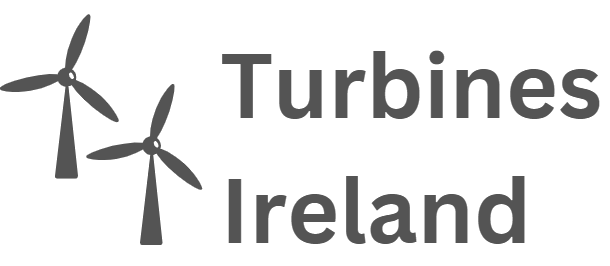
Introduction
When it comes to harnessing renewable energy and reducing our carbon footprint, two of the most popular options are vertical turbines and solar panels. Both these technologies have their merits and can generate clean energy, but it’s essential to understand their differences and evaluate which solution suits your needs best. In this article, we will compare vertical turbines and solar panels, exploring the advantages and considerations of each.
Vertical Turbines
Vertical turbines, also known as vertical-axis wind turbines (VAWTs), are wind-powered devices that convert kinetic energy into electricity. Unlike horizontal-axis wind turbines (HAWTs), which feature propellers on a horizontal plane, VAWTs have blades that rotate around a vertical axis. Here are some key considerations:
Advantages of Vertical Turbines
- Vertical turbines can harness wind from any direction, making them suitable for areas with unpredictable wind patterns.
- These turbines operate quietly, reducing noise pollution compared to their horizontal counterparts.
- VAWTs have a smaller footprint, making them suitable for urban environments with space constraints.
Considerations for Vertical Turbines
- Vertical turbines typically have a lower power output than solar panels, which means you may need multiple turbines to meet your energy requirements.
- The initial installation cost of vertical turbines can be higher than solar panels.
- Some vertical turbine designs may be less visually appealing, which could be a consideration depending on your location.
Solar Panels
Solar panels, or photovoltaic (PV) panels, convert sunlight directly into electricity. They are commonly installed on rooftops or other areas with ample sunlight exposure. Here is what you need to know about solar panels:
Advantages of Solar Panels
- Solar panels have a higher power output compared to vertical turbines, making them suitable for meeting energy needs with a smaller number of installations.
- The cost of solar panels has significantly decreased over the years, making them a more affordable option for many homeowners and businesses.
- With proper maintenance, solar panels can have a lifespan of 25 years or more, providing a long-term energy solution.
Considerations for Solar Panels
- Solar panels are dependent on sunlight, so they may not be suitable for areas with limited exposure to sunlight.
- They require a larger surface area for installation, which may be challenging in urban environments or properties with limited space.
- The efficiency of solar panels can be affected by factors such as shade, dirt, or dust accumulation.
Choosing the Right Solution
Now that you understand the advantages and considerations of both vertical turbines and solar panels, how do you choose the right renewable energy solution for your needs? Here are a few factors to consider:
Energy Needs
Assess your energy requirements and determine how much power you need to generate. If you have a high demand for electricity, solar panels might be more suitable due to their higher power output. On the other hand, if you have space constraints or require energy in an area with unpredictable wind patterns, vertical turbines could be a better choice.
Location
The location plays a significant role in deciding between vertical turbines and solar panels. If you have limited space, live in an urban environment, or your property has shading issues, solar panels might be challenging to install and less efficient. On the other hand, if you have a sufficient open area with consistent wind, vertical turbines can be a successful option.
Aesthetics
If visual appeal is important to you, consider the appearance of the chosen technology. Some solar panels can be integrated into the design of the building, while vertical turbines might have a more striking presence. Evaluate how these options fit within the aesthetics of your property.
Conclusion
Both vertical turbines and solar panels offer viable renewable energy solutions. Selecting the right option depends on your specific energy needs, location, and personal preferences. Consider the advantages and considerations of each technology to make an informed decision. It’s always a good idea to consult with renewable energy professionals who can provide accurate assessments and recommendations tailored to your situation.
